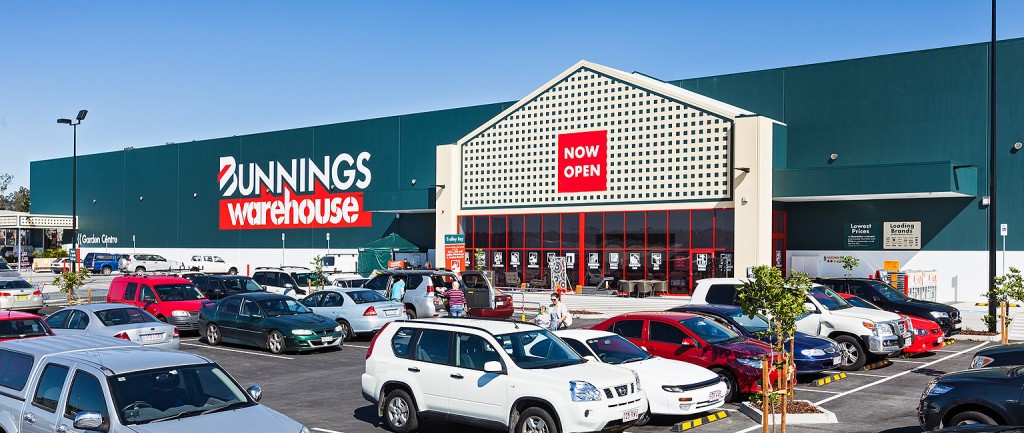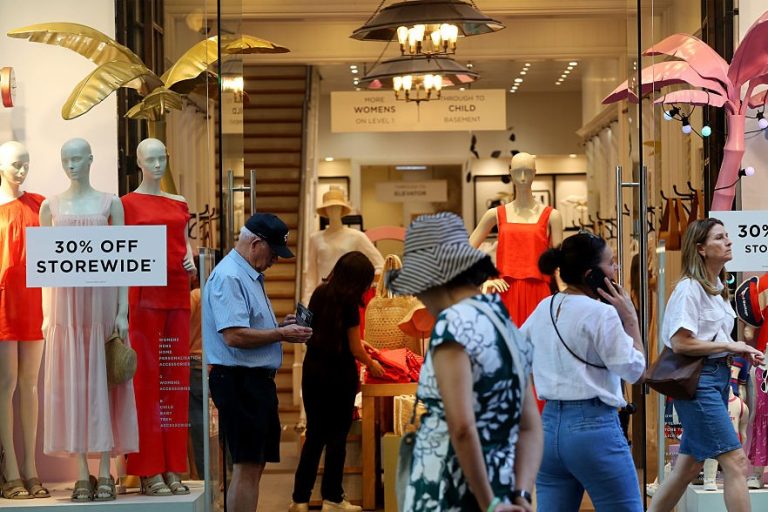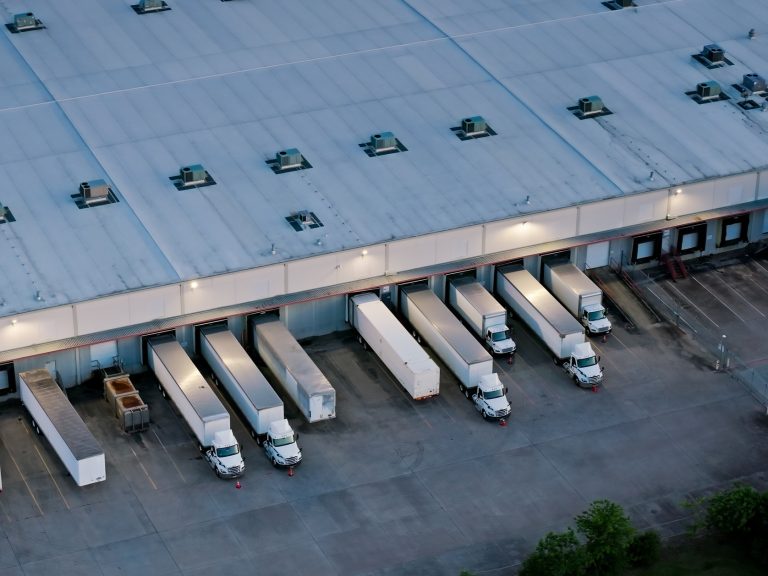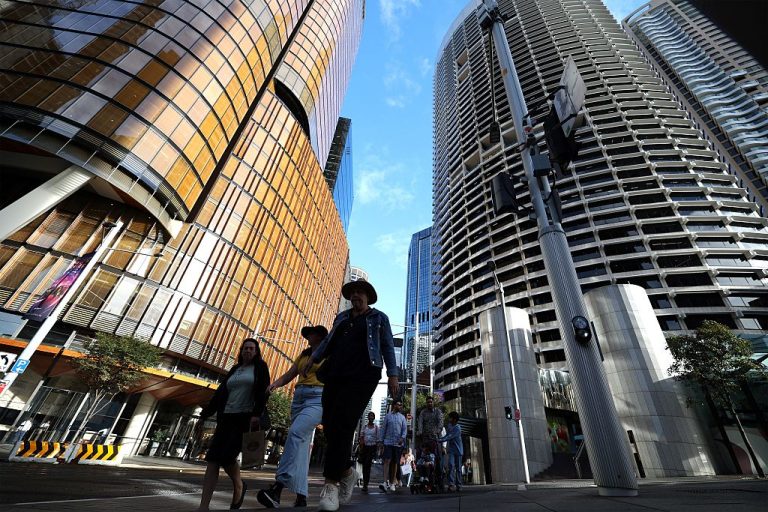Why investors are desperate to bag a Bunnings

If you want to see investors step all over each other in their quest to secure a commercial property, just go to a Bunnings Warehouse auction.
Properties leased to the Wesfarmers-owned hardware chain have become the darlings of the commercial market, with buyers prepared to pay through the nose for a change to secure a piece of that green and red ‘big box’ empire.
As rare as they are hotly-contested, Bunnings sales tend to come at a trickle, with the company’s strategy to slowly divest some of the stores it owns across Australia meaning that when one does come to market, potential buyers pour in from everywhere.
Commercial Insights: Subscribe to receive the latest news and updates
Yields of less than 5% are common. A smaller format store at Osborne Park in Perth sold for $7.05 million on a 4.65% yield in June, while a yet to be completed store in Yarrawonga became the first Bunnings to sell to a mainland Chinese investor when it went for $11.59 million on a 5% yield around the same time.

The Bunnings Warehouse at Osborne Park in WA.
Big Bunnings sales
- $43.5 million – Joondalup, WA – March 2016
- $40 million – Springfield, QLD – November 2015
- $24 million – Eltham, VIC – March 2016
- $11.59 million – Yarrawonga, VIC – September 2016
- $10.95 million – Swan Hill, VIC – August 2016
- $7.05 million – Osborne Park, WA – June 2016
- $6.425 million – Warragul, VIC – September 2016
- Price undisclosed – Bathurst, NSW – November 2016
An Eltham store sold in March to prestige car salesman Nick Theodossi for $24 million, while properties at Joondalup in Western Australia and Springfield in Brisbane’s south-east both tipped the scales at more than $40 million.
Those who attended a Burgess Rawson investment auction in August last year will never forget retired Adelaide doctor Prahbash Goel, who was so keen to secure a Bunnings in regional Victorian hub Swan Hill that he stood, turned and eyeballed the competitors who dared to bid against him.
Goel eventually snared the property for $10.95 million.
And just weeks ago a store at Bathurst in New South Wales sold after a frenzied sales process that saw interest from a large number of private investors and syndicates.

A Bunnings-leased property at Bathurst sold recently.
So why are Bunnings-leased properties so popular?
Stonebridge Property Group’s Philip Gartland and William Blanch, who sold the Bathurst asset, say Bunnings listings tend to attract investors who might not otherwise dip their toes into commercial property.
“It’s the sort of asset that can appeal to people that are looking for more secure investments, often people who are 50-plus, that just want to put something into a blue chip covenant, effectively like a corporate bond,” Gartland says.
“It’s set and forget, because you’ve got fixed annual uplift, so you’re not having to worry about how the turnover of the store is performing, whereas a lot of supermarkets are based on percentage of turnover above a certain threshold.”

The Bunnings Warehouse in Springfield sold for more than $40 million.
Also adding to the attractiveness of the properties is the fact that Bunnings leases are usually long-term, triple net leases, meaning the tenant (Bunnings) agrees to pay for just about everything – real estate taxes, building insurance, maintenance and any other fees, and tho
“Bunnings pretty much do everything, including even the way they define the premises – it’s the whole entire land parcel rather than just a pocket of the building,” Gartland says.
In the case of the Bathurst store, Wesfarmers has a 12-year lease on the property, with options until 2077.
And with Bunnings’ biggest competitor Masters now wiped out, the case for investing in a Bunnings has further weight, Gartland says.
“I guess it’s taken away that uncertainty of competitive threat, after the store closures,” he says.
“Obviously they dominated while Masters was still there, but now that’s been closed, it’d be a fairly brave competitor that would come in now and try to take on Bunnings.”







